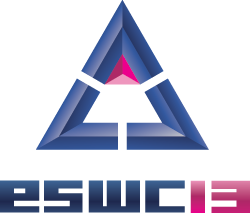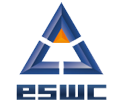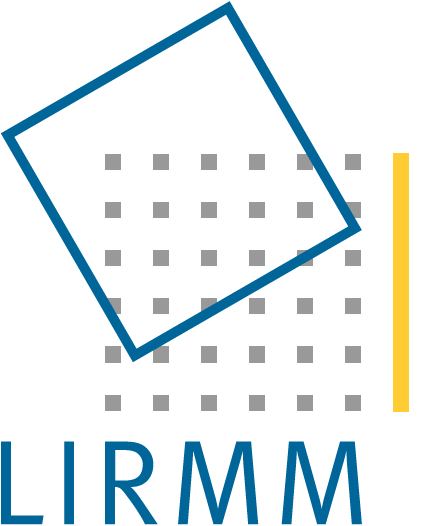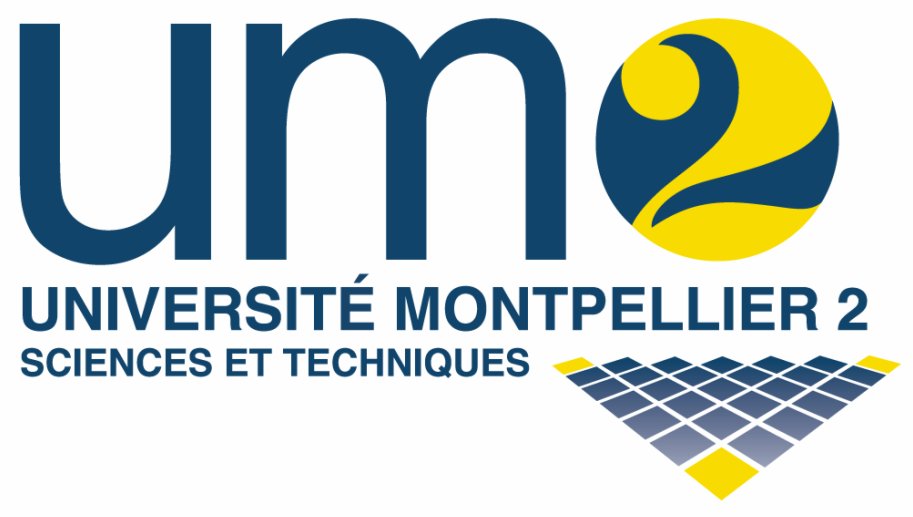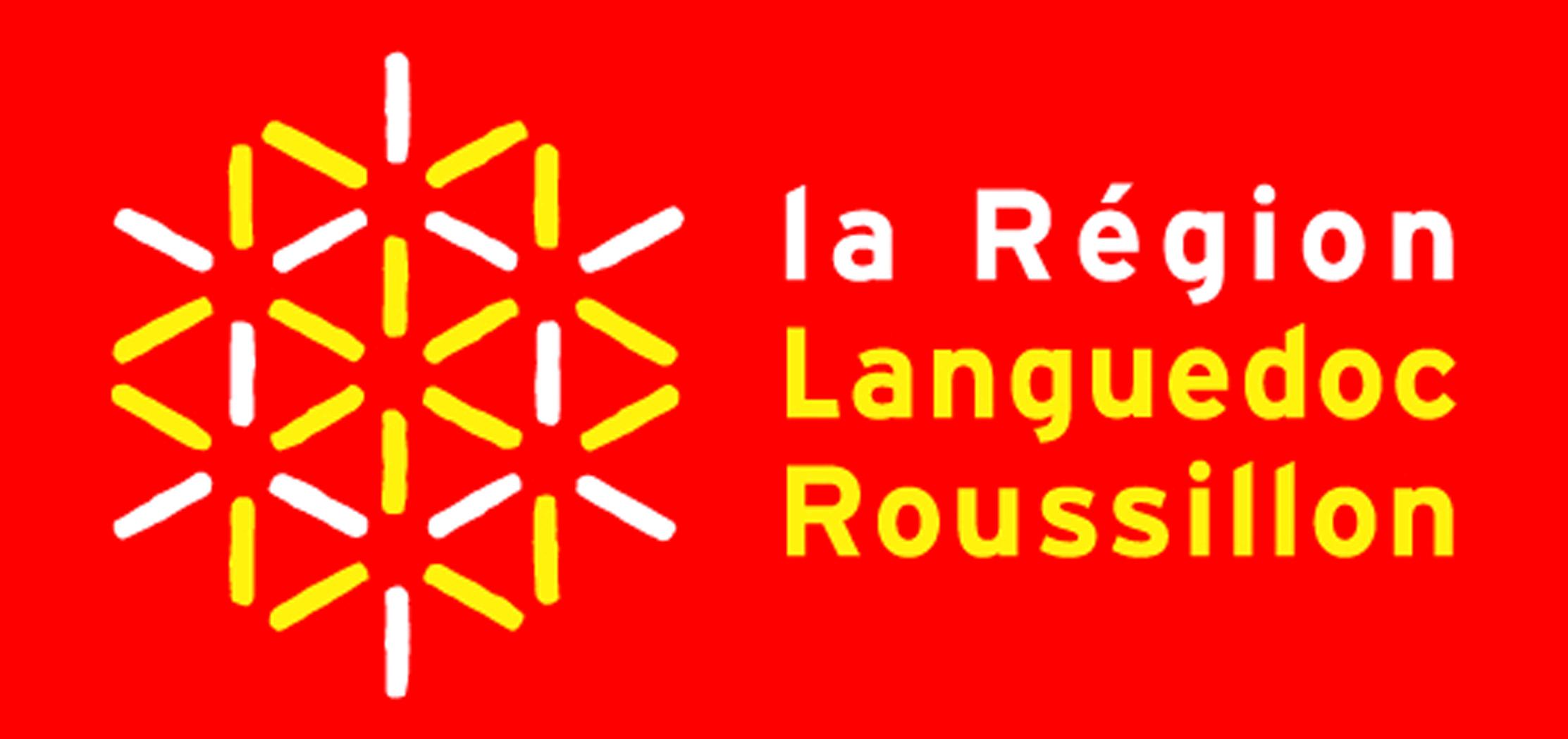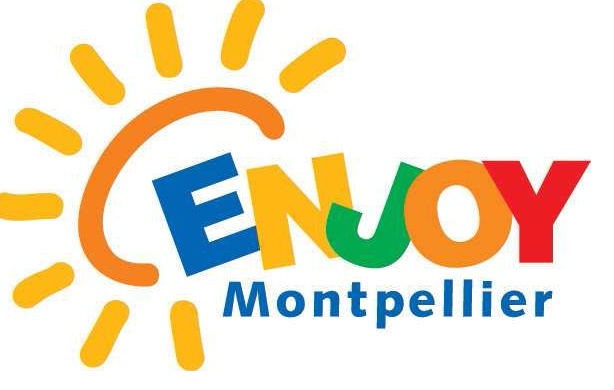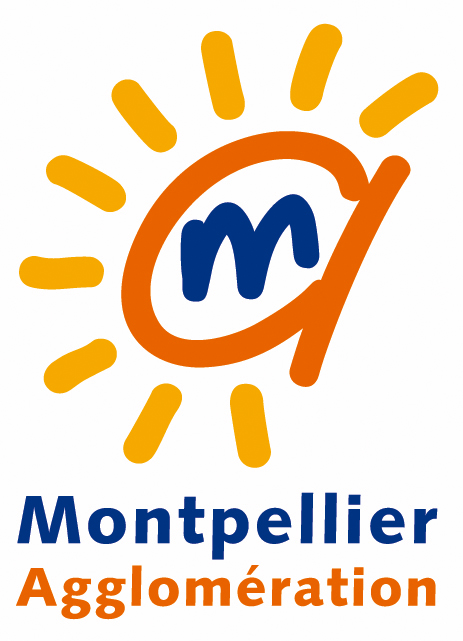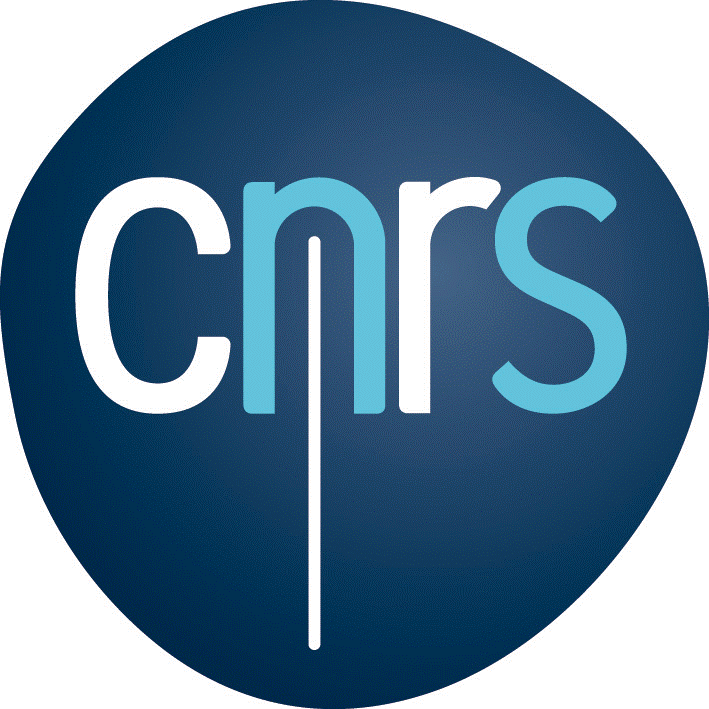Keynote Speakers
Enrico Motta, Knowledge Media Institute (KMI), UK
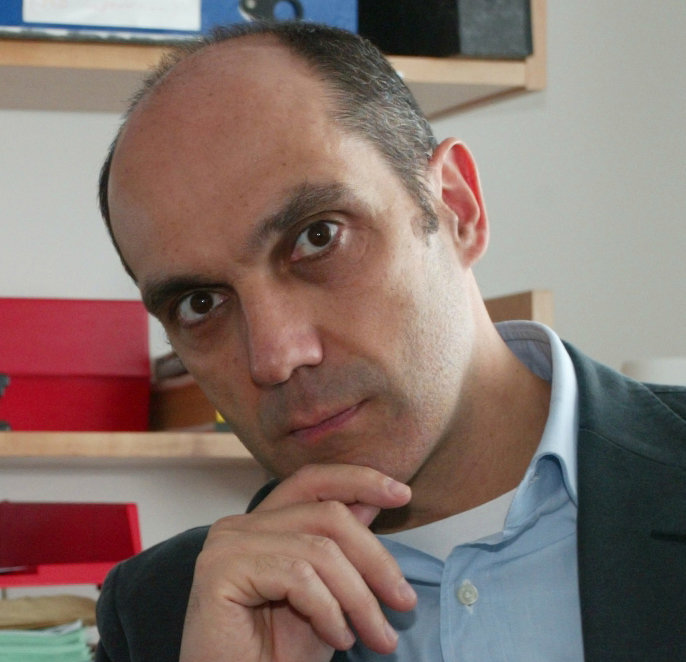 Short Bio:
Short Bio:
Prof. Enrico Motta is Professor in Knowledge Technologies at the Knowledge Media Institute (KMi) of the Open University in UK. His research spans a variety of aspects related to knowledge and media technologies, including ontology engineering, semantic web, knowledge-intensive problem solving, human-computer interaction, question answering, intelligent data integration, semantic search, and artificial intelligence. In particular much of his current work focuses on the integration of different types of computing technologies (such as, semantic, web, linguistic, and media technologies) to develop new solutions to the problem of locating and integrating information on the web and supporting users in making sense of complex models. He has authored over 280 refereed publications in international journals, conferences and workshops and his h-index is 48. Over the years he has been in charge of over 20 externally-funded projects, acquiring close to €9M in external funding from a variety of institutional funding bodies and commercial organizations. In particular he was the Co-ordinator and Scientific Director of the €14M NeOn FP6 Integrated Project, which focused on enabling efficient ontology engineering in a Semantic Web-centric context. Prof. Motta is Editor-in-Chief of the International Journal of Human-Computer Studies, and a member of the Editorial Boards of the Journal of Web Semantics and IEEE Intelligent Systems. He also sits on the steering committees for the International Semantic Web Conference and the European Conference on Knowledge Engineering and Management. In 2003 he founded the ground-breaking International Summer School on Ontology Engineering and the Semantic Web, which will celebrate its 10th edition in 2013. Together with Tom Heath he won the Semantic Web Challenge at the 2007 International Semantic Web Conference and, in collaboration with members of his research group, he won the best paper award at the 2008 and 2009 Asian Semantic Web Conferences. Prof. Motta has acted as advisor to strategic research boards and governments in several countries, including US, UK, The Netherlands, Austria, Finland, and Estonia. He has also collaborated with several major organizations, including Nokia, Rolls-Royce, Fiat, Philips, and the United Nations, to name just a few.
Keynote: Tuesday, May 28th | 09:15-10:30
What does it mean to be semantic? On the effective use of semantics in the Semantic Web
Twelve years after the publication of the seminal article by Tim Berners-Lee, James Hendler and Ora Lassila, which expounded the vision of a Semantic Web characterised by dynamic and large scale agent interoperability, the Semantic Web still distinctly lacks a “wow factor”. Many SW applications exist, but too often they are characterised by few data sources put together at compile time to drive some relatively simple user functionality. In many cases it is difficult to identify the competitive advantage that ‘being semantic’ affords these applications, compared to systems built using conventional technologies. Of course, one could argue that this is not necessarily a problem: the success of an area is measured in terms of its academic vitality and its impact on commerce and society. However, I would argue that there is actually a problem here and in my talk I will analyse these issues by examining how the notion of semantics is used in our community, highlighting the productive and unproductive uses of the term, and in particular describing the different ways in which semantics can be effectively exploited to provide added value to applications. The key message is that while there are many ways to exploit semantics to develop better functionalities, as a community we need to develop a better understanding (both fundamentally and pragmatically) of the value proposition afforded by the use of semantics. Without such understanding there is a risk that we will fail to take full advantage of the technologies that we are developing and the opportunities they create for us.
David Karger, Massachusetts Institute of Technology (MIT), US
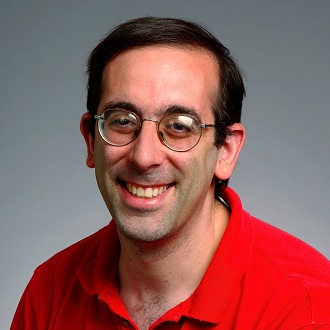 Short Bio:
Short Bio:
David R. Karger is a Professor of Electrical Engineering and Computer Science at MIT's Computer Science and Artificial Intelligence Laboratory. David earned his Ph.D. at Stanford University in 1994 and has since contributed to many areas of computer science, publishing over 180 papers in algorithms, machine learning, information retrieval, personal information management, networking, peer to peer systems, coding theory, the semantic web, and human-computer interaction.
A Semantic Web for End Users
For whom are we creating the Semantic Web? As we wrestle with our ontologies, alignments, inference methods, entity extractions and triple stores, it's easy to lose track of the vast majority of users who have no idea what any of these things are, who they help, or what problems they'll solve.
Manfred Hauswirth, Digital Enterprise Research Institute (DERI), IE
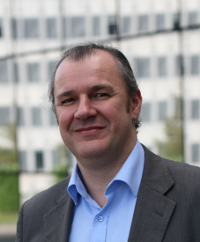 Short Bio:
Short Bio:
Manfred Hauswirth is the Vice-Director of the Digital Enterprise Research Institute (DERI), Galway, Ireland and a professor at the National University of Ireland, Galway (NUIG). His research current research focus is on linked data streams, semantic sensor networks, sensor networks middleware, large-scale semantics-enabled distributed information systems and applications. Manfred has also worked extensively in peer-to-peer systems, Internet of things, self-organization and self-management, service-oriented architectures and distributed systems security. He has published over 160 papers in these domains, he has co-authored a book on distributed software architectures and several book chapters on data management and semantics. He has served in over 180 program committees of international scientific conferences and was program co-chair of the Seventh IEEE International Conference on Peer-to-Peer Computing (IEEE P2P) in 2007, general chair of the Fifth European Semantic Web Conference (ESWC) in 2008, program co-chair of the 12th International Conference on Web Information System Engineering (WISE) in 2011, and program co-chair of the 10th International Conference on Ontologies, DataBases, and Applications of Semantics (ODBASE) in 2011. He is a member of IEEE and ACM and is on the board of WISEN, the Irish Wireless Sensors Enterprise Led Network, the scientific board of the Corporate Semantic Web research center at FU Berlin, and the Scientific Advisory Board of the Center for Sensor Web Technologies (CLARITY) in Dublin, Ireland.
Keynote: Thursday, May 30th | 09:00-10:30
It's a Dynamic World - Ubiquitous Streams and the Linked Data Web
Márta Nagy-Rothengass, European Commission
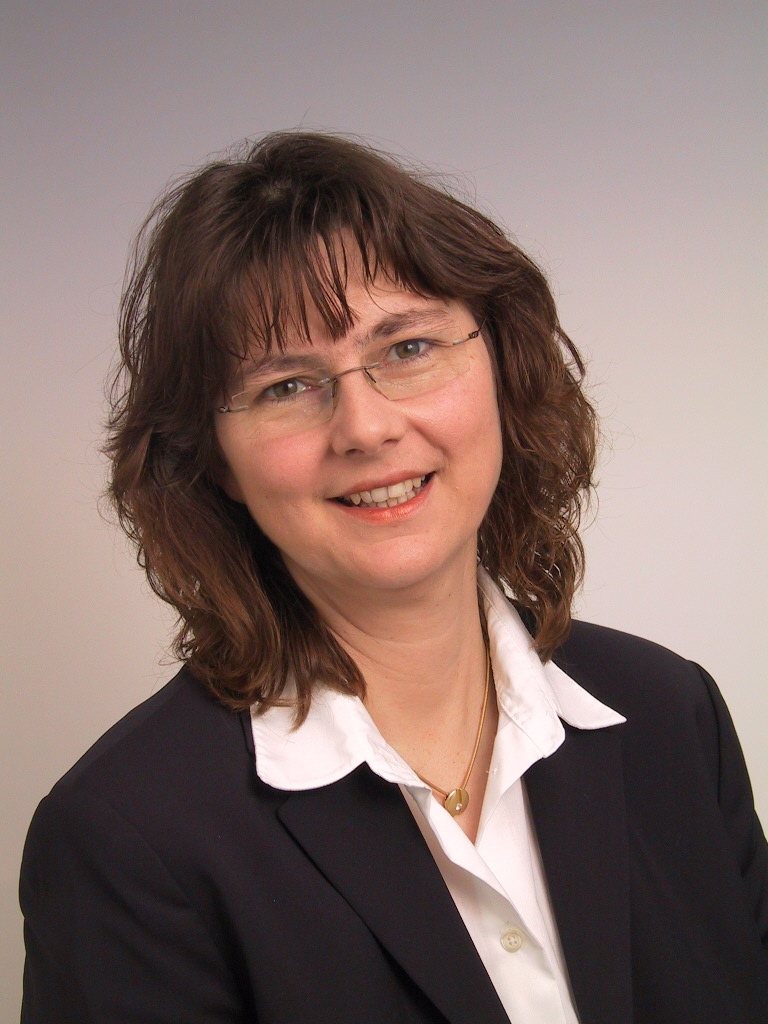 Short Bio:
Short Bio:
Márta Nagy-Rothengass graduated and received doctor degree in Economics and she was awarded MBA.
She has broad working experience Europe wide in business and public environment. She dealt with initiation and transaction of trade agreements, taught Business Studies, managed social association and did consultancy work. She gathered her interest on ICT while establishing "New Media" by a traditional German manufacturing company.
She joined the EC in 2005 as the Head of Unit of "ICT for the Environment" in DG INFSO and developed her Unit further to "ICT for Sustainable Growth" linked to the integrated climate and energy policy. Since 2008 Márta is working as Head of Unit "Technologies for Information Management" in Luxembourg. Her Unit manages and co-funds research and development projects on innovative ICT technologies dealing with creation of intelligent digital objects and knowledge management, supporting knowledge exchange and "semantic web". Main focus of her work is effective and efficient management of extremely large scale data including Open Data and establishment of open data portals.
Keynote in the EU Project Networking Session: Tuesday, May 28th | 17:00-17:30
